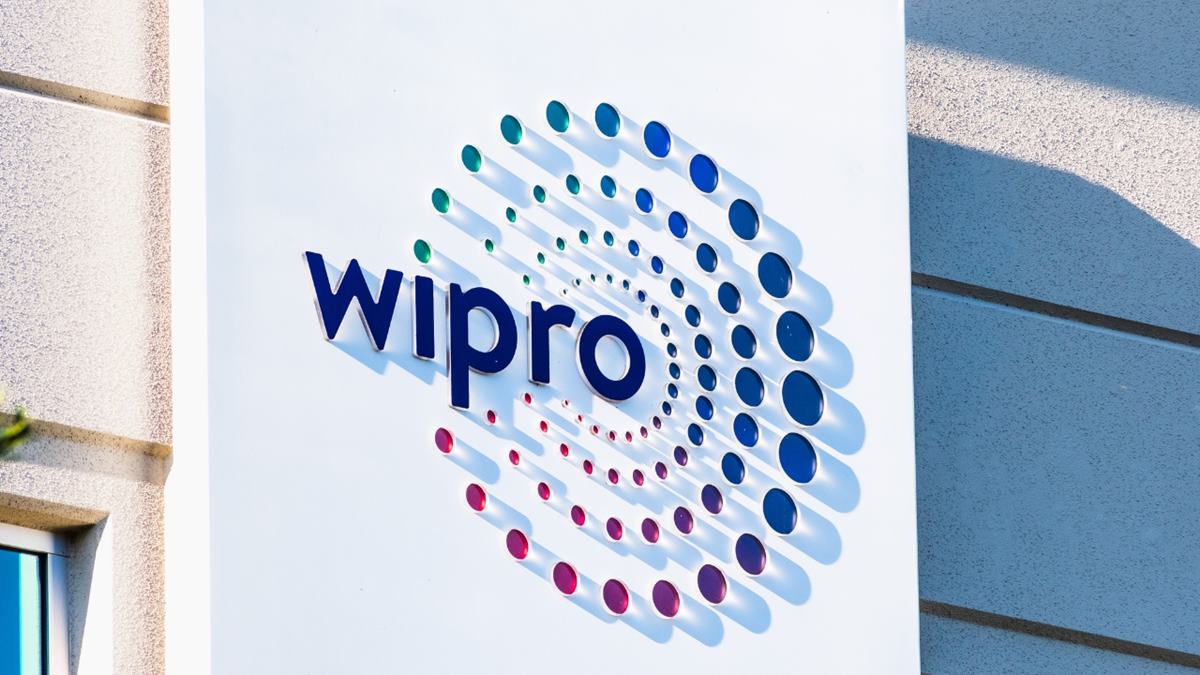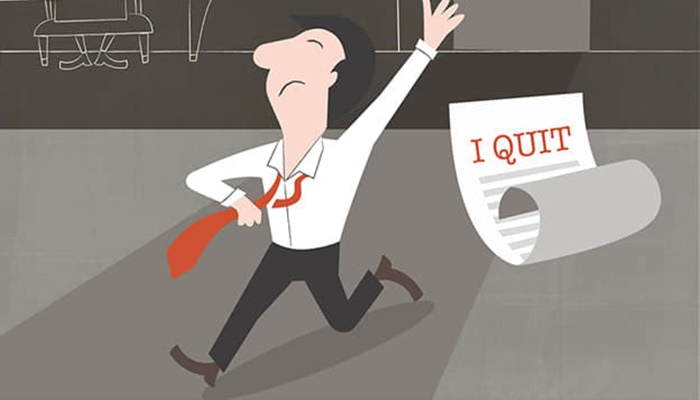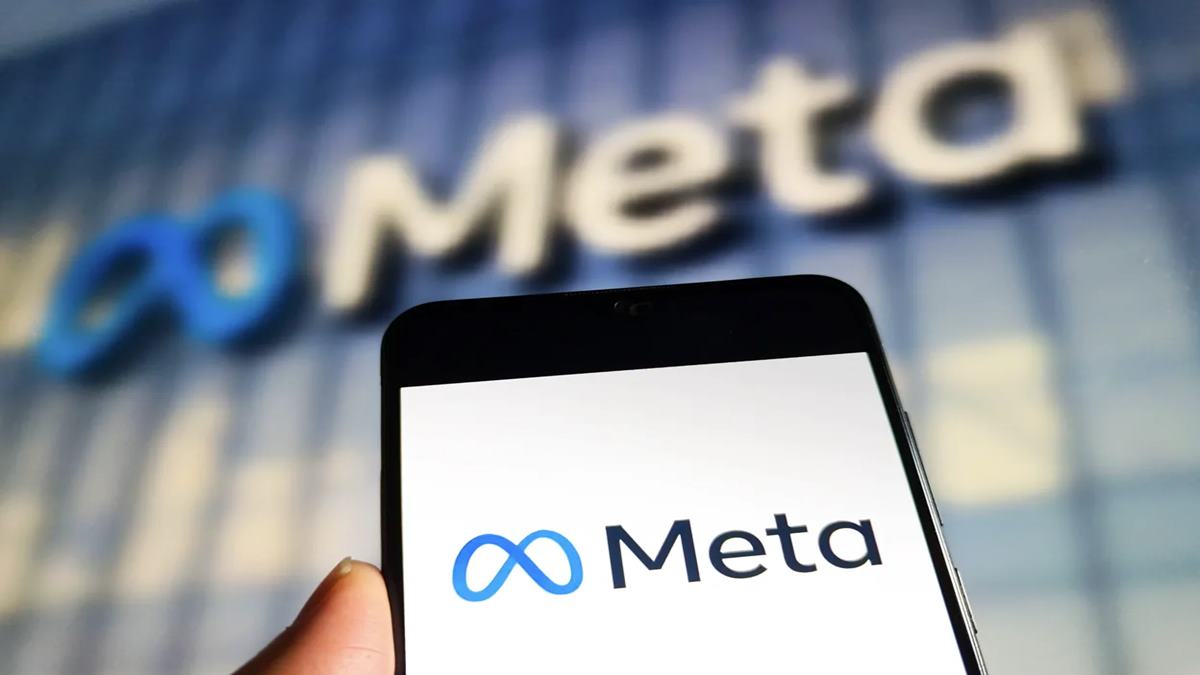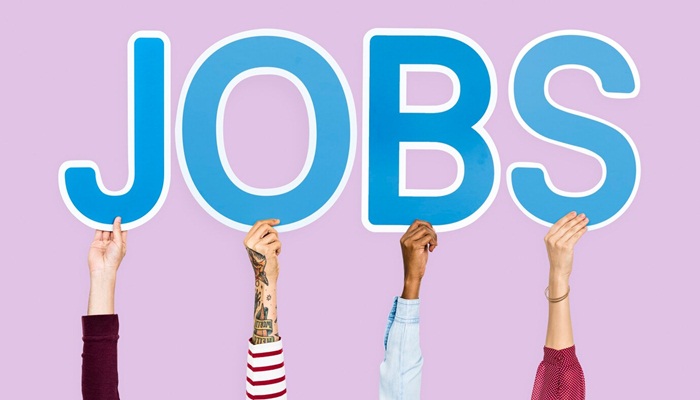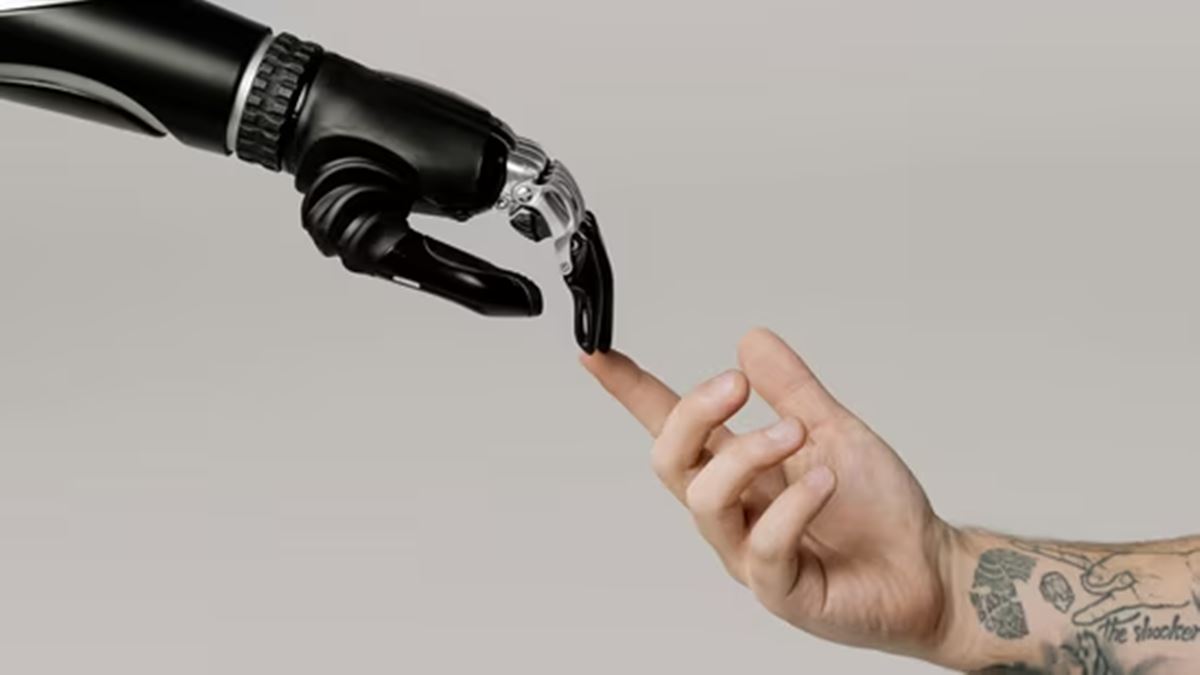AMD CEO Lisa Su has dismissed fears that artificial intelligence (AI) will result in widespread job losses. Contrary to warnings from some tech leaders about AI displacing entry-level roles, Su, who leads the nearly $300 billion US chip manufacturer, believes that AI will complement human work rather than replace it. In a recent interview with Wired, she addressed concerns about AI and employment, stating that people remain central to technological progress.
“You can choose two ways to think about AI,” Su said. “One is to hold back because it could be dangerous, or the other is to move as fast as possible while applying the right lens to the information. I am firmly in the second camp. I do not believe that we will stop needing large numbers of people. We are still hiring more and more engineers because they are the final arbiters of our engineering.”
Lisa Su on the Current AI Landscape
Su clarified that while she believes in the development of artificial general intelligence (AGI), she does not expect AI to surpass human intelligence. She is unconcerned with doomsday scenarios and emphasised that the true value of AI depends on the people who design and guide it. According to Su, AI is not yet “great” and is mainly limited to performing routine or menial tasks.
She explained that AI has two primary directions. One is to improve productivity by automating repetitive work, allowing humans to focus on more meaningful and complex tasks. The other is solving intricate problems at a scale and speed previously unimaginable. Su illustrated this with chip design, noting that AI could reduce the time to design a chip from three years to just six months.
Su compared the AI revolution to the internet and the Industrial Revolution. She believes AI is more foundational than the internet because it directly impacts productivity and problem-solving. She stated that once humanity fully harnesses AI, it will become as commonplace as the internet, and its potential should be evaluated based on what it will enable in the future rather than its current capabilities. She acknowledged that there may be challenges along the way but expressed confidence that these can be managed.
On the topic of superintelligence, Su described the idea of AI enhancing human capability as an inspiring vision, noting that society is still in the early stages. She highlighted healthcare as an area with immense potential for AI-driven transformation, from drug discovery to patient care. Su believes AI could help eliminate trial-and-error processes and improve outcomes, creating a more effective and efficient healthcare system.
“I would bet on humanity being OK,” Su concluded, reaffirming her belief that AI will serve as a tool for human progress rather than a threat to employment.







